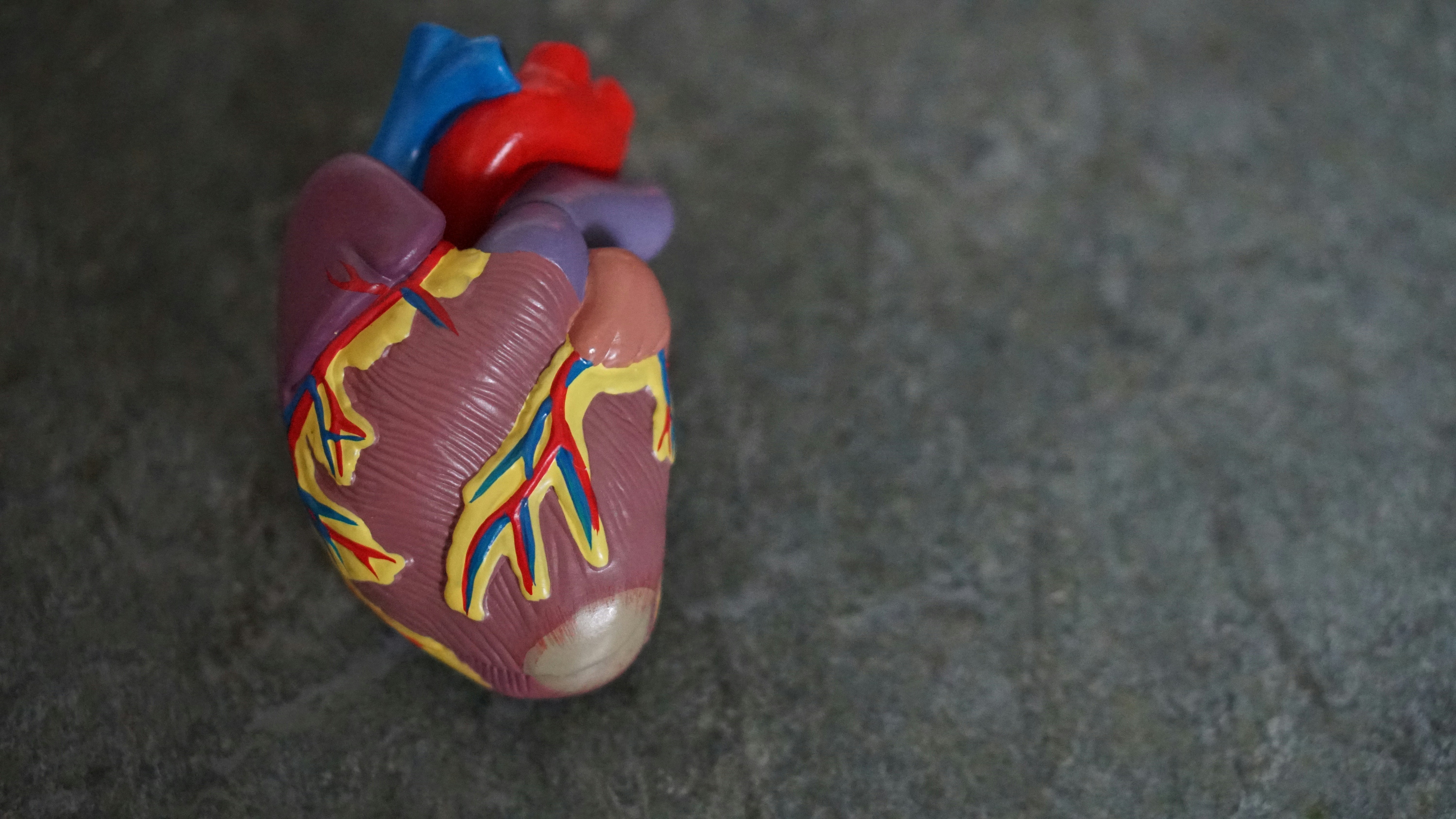Attachments
Note: Not all attachments are visible to the general public. Research URLs will go live after the embargo ends.

Research
American College of Cardiology, Web page
Please link to the article in online versions of your report (the URL will go live after the embargo ends).

Editorial / Opinion
American College of Cardiology, Web page
Please link to the article in online versions of your report (the URL will go live after the embargo ends).
Journal/
conference: JACC: Cardiovascular Imaging
conference: JACC: Cardiovascular Imaging
Research:Paper
Organisation/s:
Baker Heart and Diabetes Institute, Monash University, University College London, UK
Funder:
This work was supported by NIHR (National Institute for Health and
Care Research) and UK Research and Innovation (COV0254). West
Yorkshire and Humber Clinical Research Network (CV070) funded the
patient information leaflet translation. Dr Berry has received British
Heart Foundation support (RE/18/6134217). Dr Artico received funding
from the European Association of Cardiovascular Imaging (EACVI
Research Grant App000073878). Dr McCann is funded by a NIHR
Research Professorship (RP-2017-08-ST2-007). Dr Manisty is funded
by a NIHR Clinician Scientist Award (CS-2015-15-003). Drs Ferreira,
Piechnik, and Neubauer acknowledge the NIHR Oxford BRC for support
of this study. Dr Bucciarelli-Ducci is in part supported by the
NIHR Biomedical Research Centre at University Hospitals Bristol NHS
(National Health Service) Foundation Trust and the University of
Bristol. Additional support was provided by the NIHR Leicester
Biomedical Research Centre and the NIHR Leeds Clinical Research
Facility. Dr Dweck is supported by the British Heart Foundation (FS/
SCRF/21/32010). The views expressed in this publication are those of
the author(s) and not necessarily those of the NHS, the National
Institute for Health Research or the Department of Health and Social
Care. Dr Moon has served on Advisory Boards for Sanofi and Genzyme.
Dr Miller has served on Advisory Boards for Novartis, Boehringer
Ingelheim and Lilly Alliance, and AstraZeneca; serves as an
advisor for HAYA Therapeutics and PureTech Health; and has
received research support from Amicus Therapeutics, Guerbet Laboratories
Limited, Roche, and Univar Solutions B.V. Dr Bucciarelli-
Ducci is the chief executive officer (part-time) of the Society for
Magnetic Resonance. Dr Berry is employed by the University of
Glasgow, which holds research and/or consultancy agreements with
AstraZeneca, Abbott Vascular, Boehringer Ingelheim, GlaxoSmithKline,
HeartFlow, Opsens, and Novartis



 Australia; International; VIC
Australia; International; VIC


